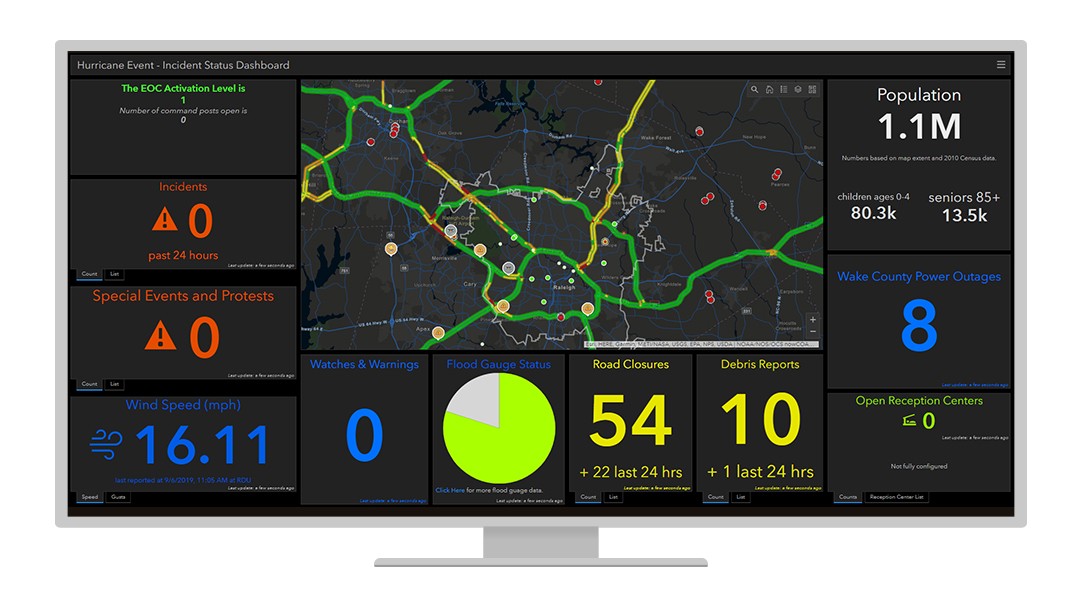
12 April, 2021Uncategorized
Purpose: An Emergency Operations Center, or EOC, is a central command and control facility responsible for carrying out emergency management, and ensuring the continuity of operation. Key campus emergency personnel and senior management are trained in Incident Command and their roles and responsibilities. The campus EOC is responsible for the strategic overview and coordination of the disaster.
A company’s Emergency Operations Center (EOC) serves as the coordination hub for an incident response. This facility, although identified by many names (command center, command post, war room, etc.), provides a central intelligence arena for decision makers and response team personnel to gather critical information, coordinate response activities, and manage personnel as the emergency situation dictates. A safe location equipped with effective e technology allows for communication with staff and response teams.
The EOC, whether a simple conference room or an extravagant mission control facility, should be capable of serving as the central coordination point for:
- All emergency operations
- Information gathering and dissemination
- Coordination with local governments, outside contractors, mutual aid and volunteer organizations
The EOC should be organized to carry out five major functions: command, planning, operations, logistics, and finance, each of which may be divided into sub-functional units. This organization is modeled after Incident Command System (ICS), allowing all involved parties to establish a common organization and terminology. According to ICS, the main functions operating from the EOC are:
- Command– responsible for overall response management.
- Operations – responsible for coordinating all operations to support the Incident Action Plans.
- Planning – responsible for collecting, evaluating, and disseminating information and for coordinating development of Incident Action Plans.
- Logistics– responsible for procuring facilities, services, personnel, equipment and materials.
- Finance / Administration – responsible for tracking incident costs, forecasts, and payment of responders, contractors, and claims.
Pre-designated personnel who understand their roles and responsibilities should staff the EOC. Identified representatives from local response agencies, contractors, volunteer agencies, and any other group with significant response roles may also be asked to support the emergency response from the EOC.
When a reportable incident has a probability for a significant negative impact, the EOC may be activated. Initially the EOC may:
- Act as the communications link between corporate headquarters and the affected facility.
- Ensure that specifically trained response individuals are available or are being mobilized in the event their expertise is necessary.
- Ensure that necessary equipment is available on site. This may require ordering and arranging delivery of equipment and materials from contractors.
- Update relevant information on vendors, contractors, consultants, and other key resources that the Incident Commander and the Corporate Support Team will be utilizing.
- Monitor TV, radio, and wire services to determine accuracy of public information
- Update executive management as the incident transpires and changes.
- Ensure that all regulatory, state and local notifications and procedures are performed. Act as a liaison with Federal, State, and local regulatory agencies and officials affected by the location and specific nature of the incident.
- Ensure employees and the impacted community is adequately informed of the incident and response actions.
Simply establishing a specific location, and stocking it with response equipment and technology is not enough to coordinate an effective response. The EOC staff must be thoroughly trained, drilled in the proper processes and procedures, and understand specified roles and responsibilities for coordinating full-scale emergency response effort.






